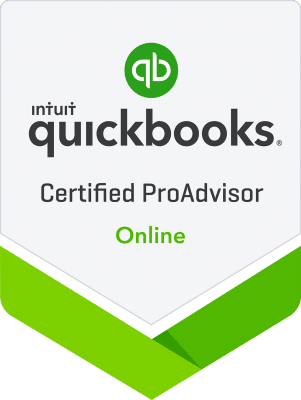For many small business owners, the accounting function is a confusing one. Aside from the detailed financials and endless reports, there’s a lot of terminology specific to this critically important department. Even the term “accountant” can have different meanings in terms of their areas of focus and responsibilities. Tax accountants and operational accountants are two common types of accounting specializations. While they both perform vital financial functions, their roles and areas of concentration are actually quite different.
Tax Accounting
What does a tax accountant do? As their name suggests, tax accountants apply their detailed knowledge of tax legislation and regulations to help their clients or employers p ay taxes in the most efficient and beneficial way possible, while complying with government laws and procedures. They also provide advice to on how to minimize the financial impact of tax payments. Corporate tax accountants may work for businesses as part of the internal accounting department, in an accounting firm, or as a contractor. Their primary focus is ensuring that the organization doesn’t pay more taxes than the minimum as required by law.
Some of the tax accountant’s primary responsibilities include:
- Collecting their client company’s or employer’s taxation information
- Reviewing financial books and balances and performing audits to collect additional data
- Analyzing collected data to find possible tax deductions or exemptions
- Developing strategies to reduce tax payments
- Submitting tax reports and returns in a timely manner
- As required, meeting with taxation authorities on behalf of clients or employers
- Creating projections and strategies regarding the client or employer’s financial future
Operational Accounting
What’s involved in operational accounting? Operational accounting is the practice of overseeing the various financial aspects of running a business, focusing primarily on planning, directing and controlling. Operational accountants analyze the company’s daily activities and review current accounting processes to find problem areas or inefficiencies. They plan the business’s financial operation, working with owners or executives to create and control budgets. Utilizing historical trends, operational accountants also predict future financial performance. They produce detailed financial reports that compare actual revenues and expenses with those projections. Operational accountants apply their business acumen to help businesses reach their financial goals. They are typically either in-house employees or outsourced contractors.
Some of the operational accountant’s primary responsibilities include:
- Overseeing the day-to-day management of financial accounts
- Management of bookkeeping and financial systems
- Preparing accurate and timely account reconciliation and other reports
- Identifying and investigating unreconciled balances
- Advising on revenue and expenditure trends and financial commitments
- Providing continuous management and support of budget and forecast activities
- Processing and preparing specific information required for tax reporting
While the tax accountant is focused exclusively on taxes, the operational accountant takes a more global view of the business entity and its day to day operations. These two accounting functions work hand-in-hand to create the best financial landscape for their clients and employers.
Is it time for simplify and enhance your firm’s financial environment? Outsourcing your operational accounting is the way to go and Balancing Act is here to help! Please contact Mary Jo to arrange a consultation at your convenience.


